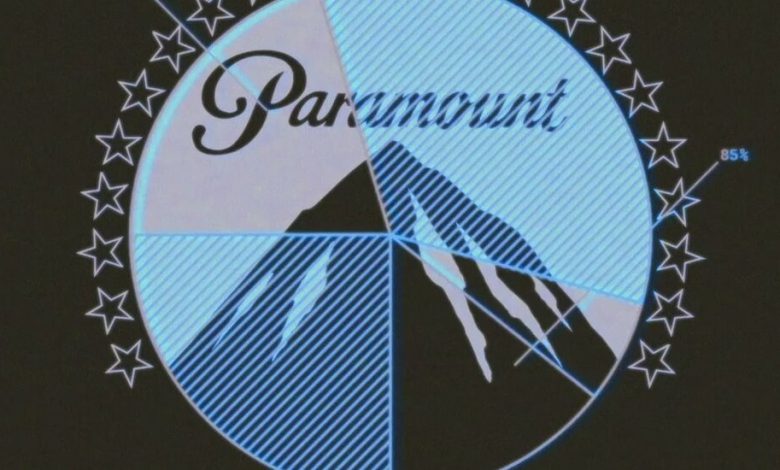The Slow Death of a Fabled Media Empire

“60 Minutes.” MTV. “The Daily Show.” The future of some of America’s most recognized cultural icons is unknown as the fate of their owner, the Hollywood and media conglomerate Paramount Global, hangs in the balance.
Paramount may be on the verge of being sold, its prospects uncertain. Maybe the possibility of its demise isn’t worth lamenting. Maybe we should just crown Netflix the new king of Hollywood. Perhaps the sources of our next cultural touchstones are to be found on TikTok, Instagram Reels and YouTube, and not in the maze-like corridors of the CBS Broadcast Center on West 57th Street or in Paramount Pictures’ 65-acre Melrose Avenue lot.
Because Paramount Global’s ownership structure gives all power to its largest voting shareholder, the company’s future comes down to the whims of just one person: the 70-year-old heiress Shari Redstone. She chose to put Paramount on the block, and she alone is deciding between a buyer whose strategy could very well further weaken, or kill, these cultural icons — and one that at least allows for some hope of a creative revival. She could, of course, reject both options, and try to maintain what’s left of the status quo. Is this how we want our cultural future to be decided?
One of the two suitors for Paramount is a partnership between Sony Pictures Entertainment and Apollo Global, the alternative asset management behemoth, which wants to break the company up into its component parts and sell many off. That would probably result in new owners for CBS, Showtime, Paramount+, MTV and Comedy Central, risking the already tenuous futures of a set of businesses that would most likely get milked for their cash flow with little capital reinvestment. (Though it’s also possible they could flourish with new ownership.)
The hope in this fragile equation is that the other potential buyer, a partnership between David Ellison and his financial backers, will find a way to revive Paramount’s cultural and financial influence with a new management team and a new strategy. The group, which includes RedBird Capital and KKR, has offered to pay Ms. Redstone a big premium to get voting control of Paramount (leaving other shareholders with only a small fraction of the compensation she’s getting). It would then have Paramount buy Skydance Media, the group’s movie production company, and combine it with the Paramount studio to reap the “synergies.”
That complex deal promises the chance — but hardly the certainty — for a creative and economic revival of Paramount. Last week, the Ellison/RedBird deal won the backing of the special committee of the company’s board, and now it’s up to Ms. Redstone, at her sole discretion, to decide whether to accept it. Then, of course, doing nothing is also an option she could choose.
